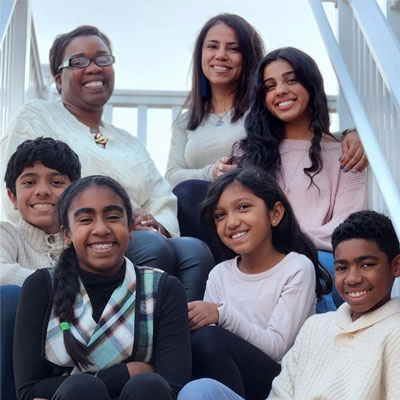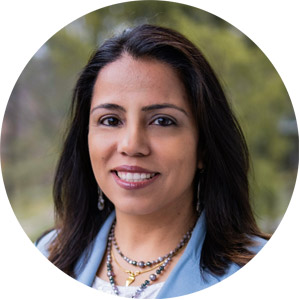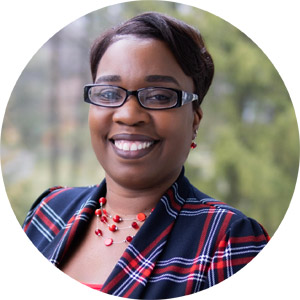Our inspiration for embarking on this journey of creating and offering cultural education for children stems from our own family experiences. Our familial relationships have offered us incredibly immersive encounters that have benefited the both of us. Our children have had the opportunity to naturally embrace and participate in various family traditions and cultures. Our extended family has always welcomed the value of learning about other cultures. Through these enriching life experiences, we have witnessed those around us develop empathy for individuals with diverse backgrounds and actively support their success. While certain biases still persist in the form of generalizations, there is also a profound human connection that transcends these stereotypes and fosters a deeper understanding of individual experiences.

Individuals often tend to naturally gravitate towards others who share their cultural backgrounds. However, fostering a sense of openness to different customs and traditions is essential in creating diverse and inclusive communities. This can be particularly impactful when introduced at a young age. However, it's important to acknowledge that cultural exposure is not limited to early years; it can also occur in adulthood. In fact, such exposure often serves as a significant motivation for ongoing learning and understanding. We come from diverse racial and cultural backgrounds, representing various roles in our families as daughters, wives, mothers, and sisters-in-law. Over the course of several years, we have witnessed the significance of dismantling cultural stereotypes and biases. This has prompted us to ponder where these stereotypes and biases originate. Do they emerge as early as infancy or in early childhood? Do they develop during school years or as individuals transition into young adulthood? And can they be prevented? If so, at what stage should we intervene? These inquiries have spurred our exploration into the importance of cultural education for children. However, our journey toward this understanding did not begin with these questions; it started with the unique experiences within our own families.
Ma’Keva. As an African American woman with a Christian faith background, I found myself in a unique situation when I met and later married an Indian American man of Sikh religion. Initially, it seemed like our worlds, backgrounds, and religions might present insurmountable differences in our dating experience. However, we were pleasantly surprised when this turned out to be untrue. In just a few short months, we had delved deep into each other's beautiful cultures, embracing holidays, cuisines, family gatherings, and celebrations. What truly amazed us was the discovery that our family foods, celebrations, and even some of our customs bore striking similarities. Experiencing these cultural aspects together opened our eyes to the realization that our two worlds were not as distinct as we had initially believed. While our cultures differed, the underlying values of each were remarkably similar.
My efforts to understand my husband's culture not only deepened my appreciation for his family but also fostered a stronger connection with the broader Indian community. This, in turn, allowed me to share my newfound insights with my extended family and friends. On the flip side, my husband played a crucial role in helping his extended family and friends understand and appreciate my background and experiences. This mutual understanding and appreciation became a beautiful bridge connecting our worlds and enriching our lives. Preeti. As a parent volunteer at a Montessori school program tailored to children aged two to five, I, an Indian American woman, had the fantastic opportunity to create culturally enriching experiences within the classroom. My involvement included transforming a spacious classroom by introducing ethnic attire, cuisine, music, language, and more. Through these efforts, I infused a touch of India into the school environment, especially during various Indian festivals.
Remarkably, the Montessori school featured teachers from China and Germany who embarked on similar journeys during Chinese and Bavarian festivals, respectively. This diverse mix of cultural experiences allowed the school's children to gain a firsthand understanding of various cultures right in their Montessori preschool. Unfortunately, not everyone in the United States has the same exposure to such experiences, and many may only have these opportunities available to them in their regular grade school classrooms if their parents or guardians actively pursue them.
For our children, we found a chance to pass on our knowledge and help them embrace their differences. Due to our diverse, multiracial heritage and the blending of cultural backgrounds, our families used the opportunity to actively participate in our school's cultural fairs and heritage day festivals and present our unique experiences. In these events, we volunteered to educate students about the Indian customs and traditions that held significance in our family. Our daughters would proudly don their salwar suits or lehengas, eagerly showcasing them to their friends while explaining what they meant. Similarly, during Black History Month, we took the initiative to volunteer, shedding light on the holiday traditions cherished by our family and explaining the significance of our celebrations. We hope to offer similar experiences and engagement opportunities to enrich the student's understanding and foster a more profound sense of cultural appreciation within the school community.
The importance of cultural openness and understanding cannot be overstated. While people naturally tend to connect with those who share their cultural backgrounds, fostering an appreciation for different customs and traditions from a young age is crucial in building diverse and inclusive communities. However, this process does not stop in childhood; it continues throughout adulthood, driven by a curiosity to learn and understand.
Our personal experiences have shown us that the bonds formed through cross-cultural relationships can transcend initial differences and lead to deeper connections. We have seen how cultural exposure can enrich lives, not only within our own families but also within the larger communities we are a part of.
Through our involvement in cultural education, whether in schools or within our own families, we hope to inspire others to embrace diversity and build bridges of understanding. As we share our unique stories and experiences, we aim to foster empathy, dismantle stereotypes, and promote a more inclusive society where everyone can appreciate and celebrate the richness of different cultures. Together, we can create a world where cultural diversity is not just acknowledged but truly cherished.


Help support the development and creation of the cultural education curriculum by making a tax-deductible donation.
Make a Donation